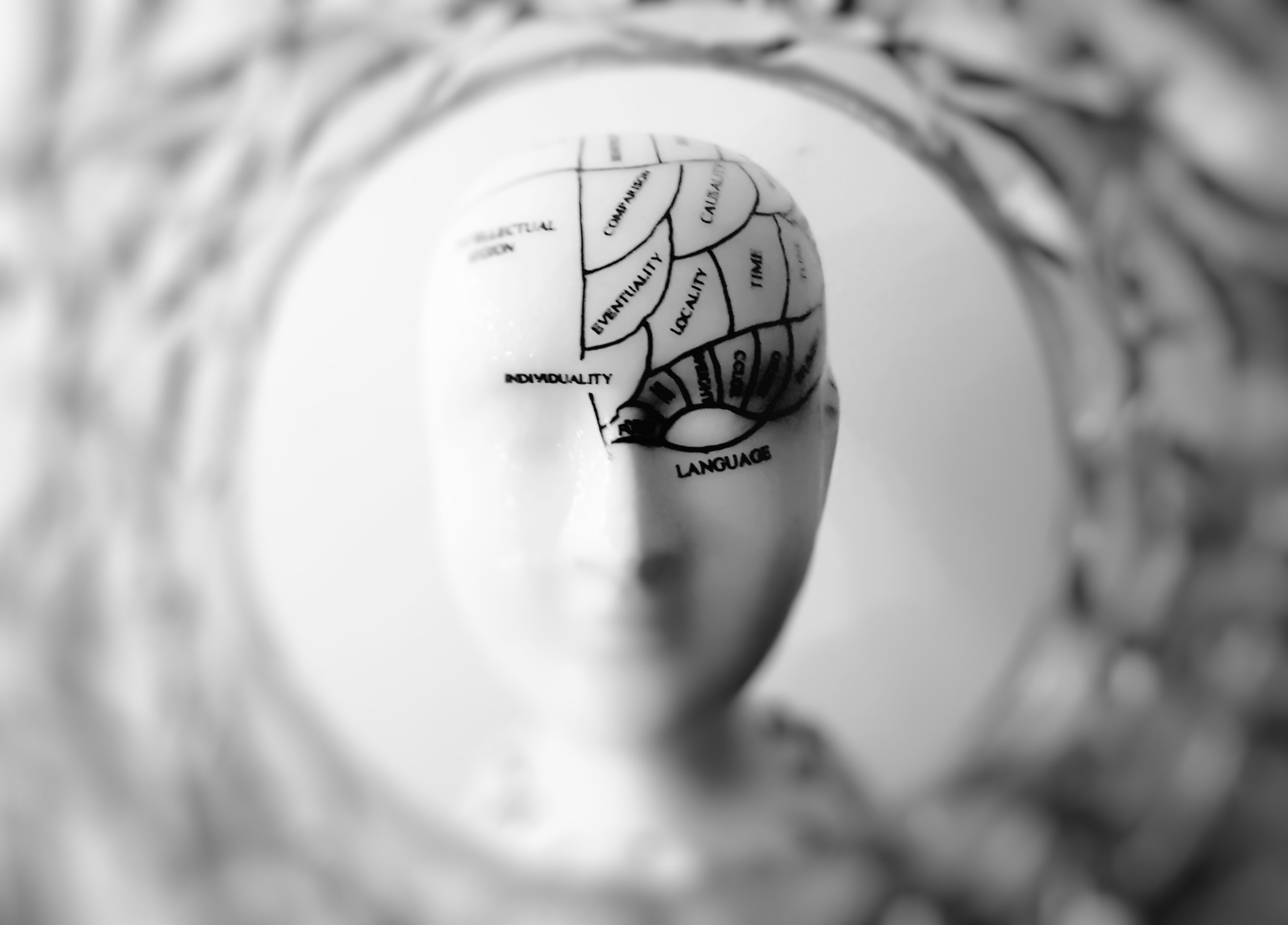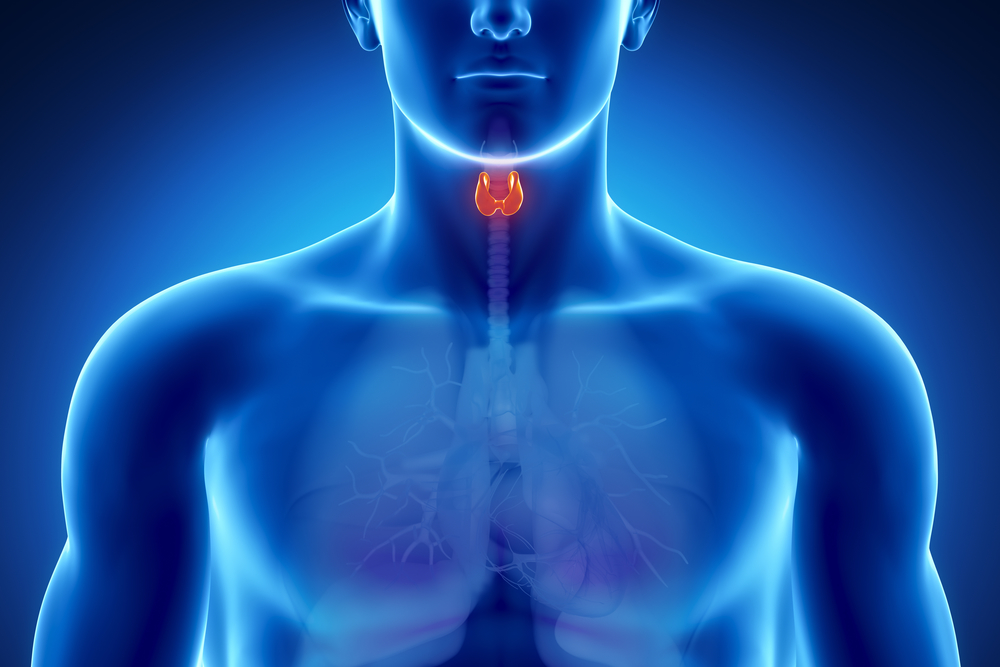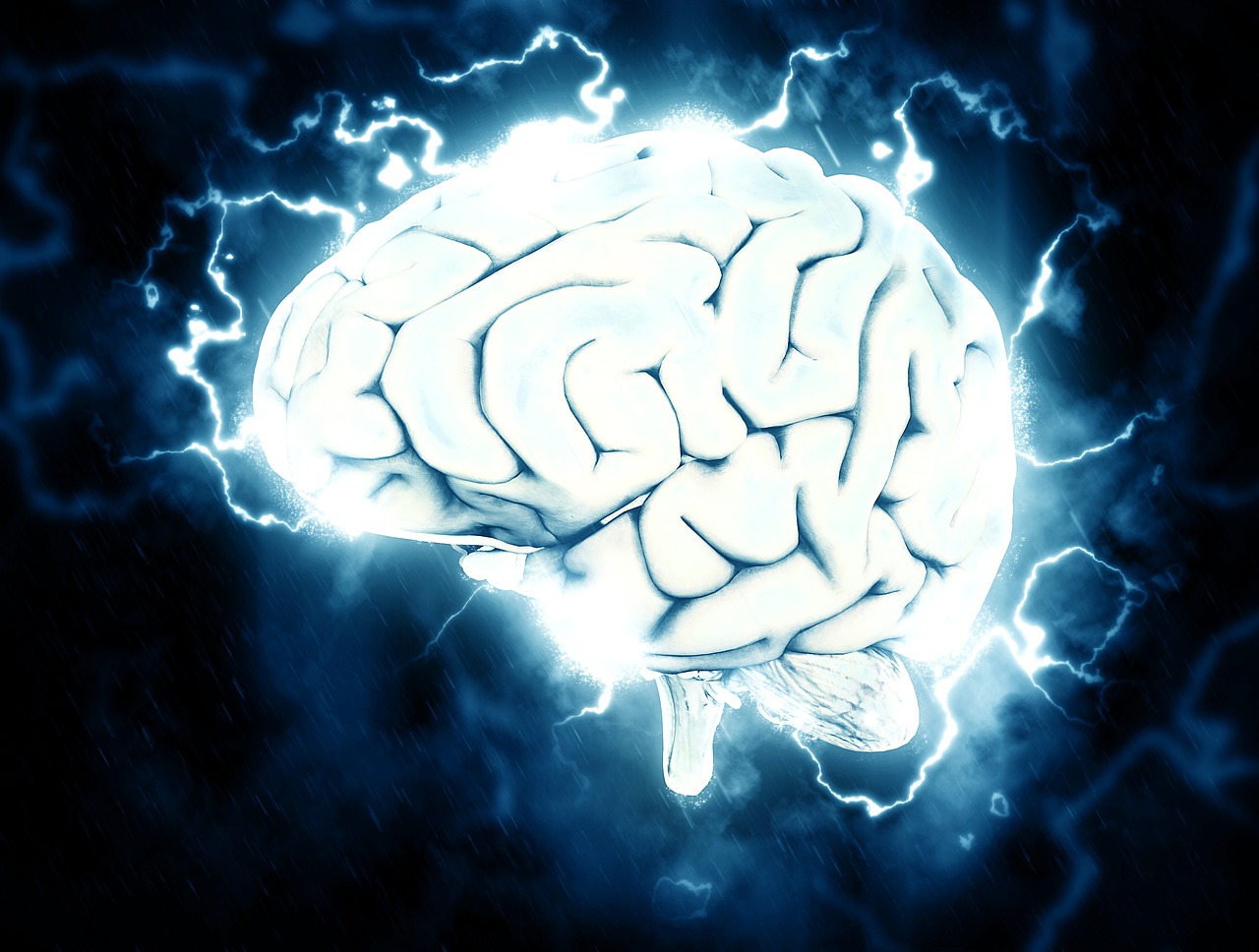Our Blog
Mobile County Residents Find Connections Between Coffee and Gut Health

More than half of the American population consumes coffee on a daily basis. This energy-producing drink gives people fuel for the day and often increases productivity. Despite the overwhelming popularity of coffee, research shows that it can trigger digestive disorders. But what about something like leaky gut syndrome?
If you’re like most Americans who drink coffee, you’ll find this information quite helpful. Let’s take a look at the connections between coffee and your gut health.
What You Need To Know About Coffee
You can find a cup of coffee at any restaurant, hotel, or even convenience stores. The average American consumes about 3 cups of coffee per day. Over time, that leads to various effects on the body. Most of these effects include digestive issues such as leaky gut or ulcers.
Some research studies found that coffee can trigger autoimmune diseases such as Diabetes and Rheumatoid Arthritis. Other people may experience gastroesophageal reflux disease (GERD) from consuming coffee. These issues don’t result from a simple cup of coffee. If you’re wondering, “Does coffee cause leaky gut syndrome?”, don’t worry. There are other factors to think about when considering “Is coffee bad for your gut”.
Connections Between Coffee And Gut Health
Many people love drinking coffee but often feel digestive discomfort after they consume it. “Coffee, upset stomach” or “coffee, gut inflammation” are popular search engine phrases. This issue has a lot to do with the coffee itself. Coffee contains acids that can upset the lining of your intestines. This is especially true if your lining is already inflamed by other factors such as a leaky gut, coffee can upset your system then.
People who have intestinal inflammation often have pain and discomfort when drinking coffee. If you’re wondering, “does coffee cause inflammation in the stomach?”, coffee can irritate the intestinal lining, especially if you already have joint pain or autoimmune disorders.
The Source Matters
There’s a lot to think about when you’re purchasing coffee. Different types of coffee grow in various regions of the world. Some farmers grow their beans organically (free of pesticides) while others expose their beans directly or indirectly to pesticides. Drinking organically sourced coffee is a better way to go.
Coffee Additions
If you’re like most coffee drinkers, you probably put cream or sugar in your coffee. Have you ever stopped to think whether the products you are putting into your coffee are free of preservatives? Sugar and dairy are both known triggers for gut inflammation, especially if they’re artificial forms or full of added hormones.
Glass or Plastic?
Coffee cups from most coffee houses contain a plastic coating from GMO sources. Even trace amounts can alter your digestive system. Try bringing your own glass or BPA-free cup to the coffee house instead.
Excess Amounts Lead to Insomnia
If you drink coffee and struggle with insomnia, think about the quantity you’re drinking. Coffee contains caffeine which can disrupt your nervous system and cause insomnia. A lack of sleep can lead to various health issues including digestive illness. If you’re going to drink coffee, limit yourself to one cup in the morning.
Should You Stop Drinking Coffee?
If you already have digestive problems, it’s best to avoid coffee. People who deal with ulcers, GERD, or thyroid disease should seek out other options. Also, if you struggle with gut inflammation or joint pain, you should avoid coffee. A functional medicine doctor can put together a plan for you to recover from the effects of coffee. They’ll also make a holistic health plan for you.
Find A Substitute
Many people love the taste of coffee but their digestive system can’t handle the acidity. If you’re one of those people, try switching to green tea or nutrient-rich bone broths. Green teas will still give you a small amount of caffeine without the side effects of coffee.
Contact A Functional Medicine Doctor
If you’re interested in learning more about your gut health and does coffee cause leaky gut syndrome or other digestive issues, contact the team at The Gut Authority today. We use functional medicine to help you recover from digestive illness and achieve health and wellness. Give us a call today.




